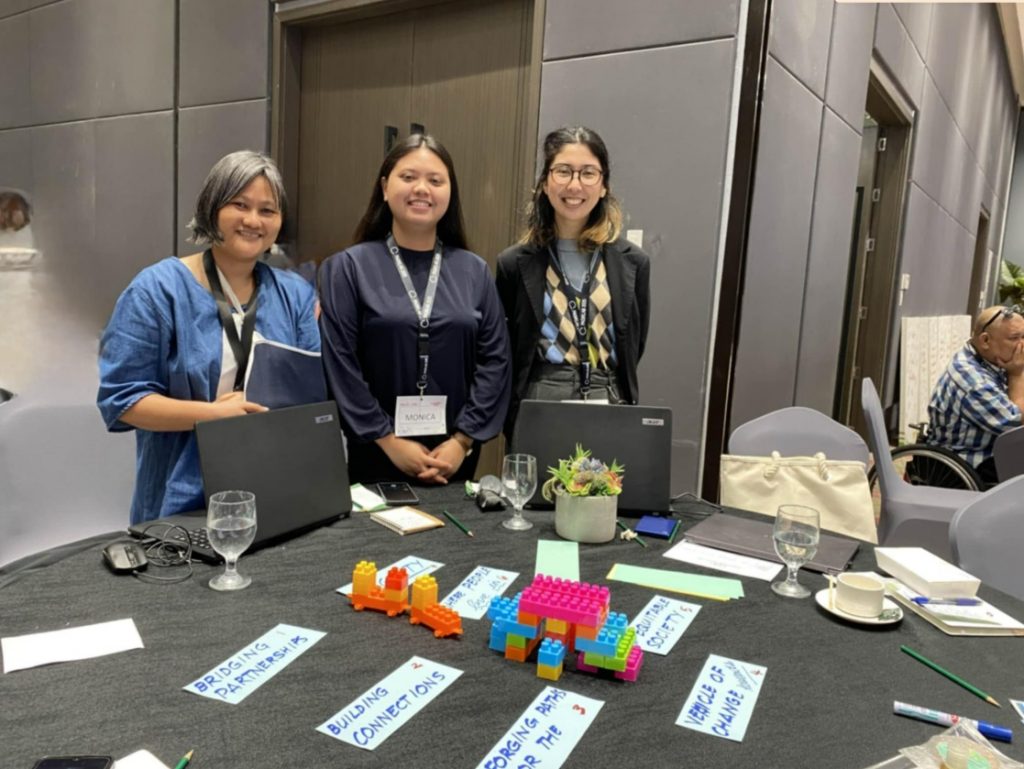The Center for Disaster Preparedness (CDP) hosted the second PASIKLAB Conference from February 11 to 13, 2025, at Arden Hills Suite in Quezon City. Building on the foundation laid by the first conference in 2022, PASIKLAB 2 served as a platform for reflection, networking, and unified action among individuals and organizations. The conference brought together over 98 participants, including community leaders, people’s organizations (POs), civil society organizations (CSOs), and partner academic institutions of CDP from across the Philippines. Ms. Monica Mendoza and Ms. Flordeliz Agra of the Education Division and Ms. Lea Serrano of the UP NOAH Center represented the UP Resilience Institute in the conference.

With the theme “PAgbabalik-tanaw. PagsiSIKhay. PagLABan Muli,” PASIKLAB 2 revisited the vision established during the first PASIKLAB, assessed the progress of grassroots movements over the past three years, and reinforced commitments to grassroots-driven resilience initiatives.
The UP Resilience Institute (UPRI) played a key role in the inaugural PASIKLAB conference in 2022 as a co-organizer through its partnership with the Center for Disaster Preparedness (CDP) under the Philippine Preparedness Partnership (PhilPrep). In PASIKLAB 2, UPRI transitioned from its role as a co-organizer to an active participant, directly engaging with people’s organizations (POs) and civil society organizations (CSOs) in collaborative discussions and contributing to the co-creation of concrete, measurable, and sustainable strategies aimed at strengthening and sustaining grassroots movements and community-led initiatives.
Through its partnership with CDP and its growing connections with civil society and people’s organizations, UPRI reinforced its commitment to bridging academia and grassroots action in support of community resilience efforts.
A key highlight of the conference was the official establishment of the Philippine Alliance for Sustainable and Inclusive Knowledge on Local Action Building (PASIKLAB)—a newly formed movement dedicated to enhancing collaboration, amplifying grassroots voices, and promoting sustainable, community-driven initiatives in disaster risk reduction, climate change adaptation, and humanitarian efforts nationwide.
UPRI, together with other academic institutions in the conference, pledged to support people’s organizations (POs) and civil society organizations (CSOs) by leveraging academic expertise, research, and resources to align with the needs of local communities. This commitment aims to strengthen community resilience efforts across the country, ensuring that academic knowledge directly contributes to grassroots initiatives and community resilience.

